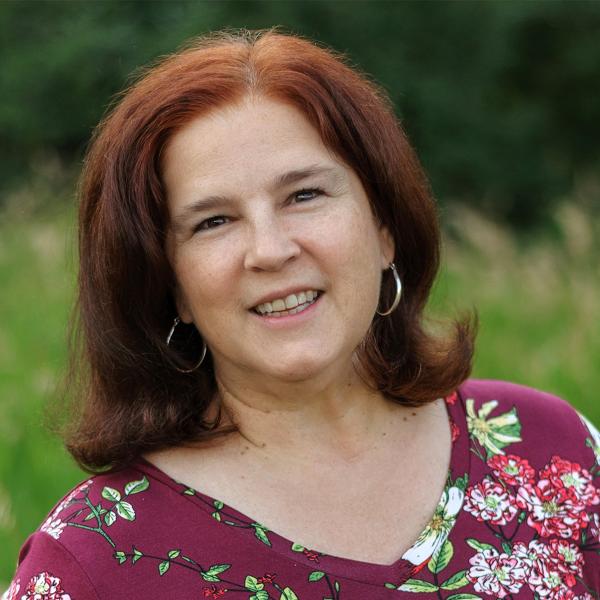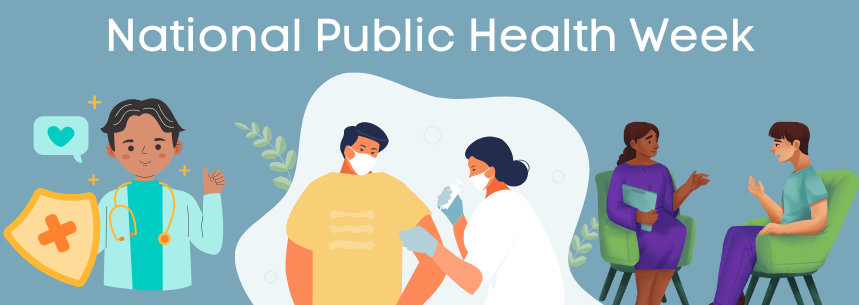This is National Public Health Week, and this year’s theme is one that the Colorado Health Institute (CHI)’s team holds dear: Centering and Celebrating Cultures in Health.
The COVID-19 pandemic highlighted the need to build trust in priority communities, such as communities of color. Despite a recognized health threat and research showing certain neighborhoods were being disproportionately impacted, traditional public health programs and messaging weren’t meeting their needs.
In 2020, the Metro Denver Partnership for Health (MDPH), facilitated by CHI, partnered with local organizations that were already trusted leaders in their communities. These ambassador organizations were provided the finances, tools, and training to increase vaccination rates in their communities, starting with flu vaccines (the COVID-19 vaccine was not yet available). Ambassadors connected regularly to get updated vaccine information and to share their challenges and successes.
Nicole Weber, CHI Senior Program Manager and MDPH facilitator remembers receiving a lot of information from a variety of sources. “We heard community concerns about the vaccine and vaccine rollout,” she said. “We knew that certain communities were getting hit harder than others, and local public health agencies were under resourced and over capacity. We also heard from community-based organizations that they wanted to help.”
Even before the pandemic, public health departments were aware of gaps in trust. “We knew we should collaborate more closely with other stakeholders to help us promote public health messages with culturally relevant approaches,” Weber said. “COVID offered the flexibility to start paying community partners to do the work they had already been doing for years.”
The ambassadors succeeded in ways previous public health efforts had not, which raised the question: Could ambassador organizations also help with the worsening mental health crisis? MDPH partners believed they could. They funded and formed the Mental Health Ambassador Program in 2021.
This program provided ambassadors with a new set of skills, including identifying warning signs of a mental health crisis and addressing stigma, and provided local mental health resources and referral information.
After the program, ambassadors felt that they knew more about mental health resources available and that community members were more willing to talk about mental health, said Guadalupe Solís, CHI Research Analyst.
“Ambassadors felt more comfortable having difficult conversations with close friends, family, and community members and more confident in their ability to decrease stigma in their communities.” she said. “After the program, five out of six ambassador organizations reported that they were likely to work with public health partners in the future, compared with only three out of six before the program.”
Today’s National Public Health Week theme is community. By centering equity and creating safe and trusted networks of resources and support, community ambassadors break down barriers to care in our communities and promote greater access and utilization of vital health services. They can also play a critical role in raising awareness and addressing the unique challenges faced by members of historically marginalized and excluded communities.
CHI appreciates and acknowledges these critical partners and thanks them for all their work. They are breaking down inequities and making a significant difference in the health and well-being of the individuals and communities they serve.
Public Health Resources
MDPH’s COVID-19 Containment Workgroup developed strategies to guide COVID-19 response equitably and to meet the needs of priority populations, including Black, Indigenous, Latinx, and other communities of color, people with lower incomes, and individuals who lack documentation. The processes outlined in Public Health Strategies for Priority Populations now guide all of MDPH’s work.
The Mental Health Community Ambassador Program’s overview and final report is available in English and in Spanish.


